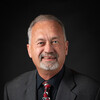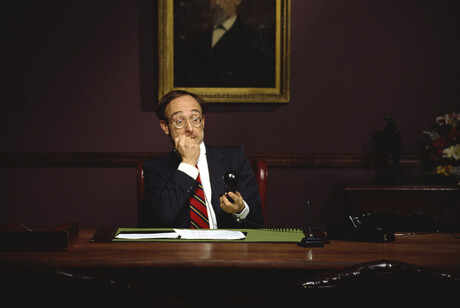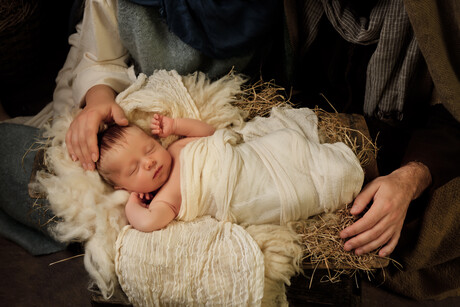Let me first state categorically that I am not a grumpy, old man! I just happen to have lived a few more years than most and have been unusually gifted with the spiritual gift of discernment.
What is the purpose of praise teams that lead us in worship every Sabbath in church? There seems to be a lack of clarity about this. What is particularly interesting about this is how widespread this problem is, even in our larger churches (like the one I’m a member of.)
We have indeed been blessed with the many talented musicians, both vocalists and instrumentalists, who lead out every week. I appreciate quality music, whether traditional hymns or more contemporary songs. I play the bass and rhythm guitars myself, and I study music to see how and when “it works.” But having been a pastor for decades, I also am acquainted with a lot of the personalities that typically accompany superior musicians. Musical tastes can be very personal things, and we all know about the fights that churches have gone through historically over the appropriateness of various kinds of music. Music can be a touchy subject.
However, music also can take us spiritually to places we need to go, emotional places that open us up to the presence and reality of God. And there are some principles that need to be central in the planning of corporate worship. The first question to address is “what is the purpose of praise teams?”
Let me start with some things that are not what praise teams should be about. They are not there to introduce us to cool new songs that very few people know and will not soon be repeated so that the congregation can learn them! They are not there to display their personal musical talents (with unnecessary instrumental riffs or vocal gymnastics.) They are not there to sing repeated phrases in an attempt to gin up emotions to a fever pitch.
What is the purpose of praise teams? It is to use music to open hearts and minds to genuine, heartfelt worship. It is to prepare the congregation to listen and respond to the spoken word of God, and there is a natural cycle to facilitate the timing for this. To lose the right timing is a common problem, typically because the praise team has just one too many songs.
I watch our congregation, and despite having wonderful musicians leading out, they rarely get this right. After one energetic song people begin to get into it, then a second song (usually a contemporary one) peaks the church’s spirit and sense of togetherness. Then an additional song is often added that requires focus and energy and there it slacks off, this is usually where a new song is presented. You can see people no longer singing, starting to talk to each other, looking around. Remember, attention spans have shortened historically. Fortunately, a hymn is placed here to bring feelings back down to a sense of the holy. That part is great, but too late. They missed it!
This ever present one-too-many-songs problem could easily be corrected with the understanding of music’s purpose in worship. God bless those musicians that can plan accordingly, while resisting the temptation to add songs that would seem fun to perform.








